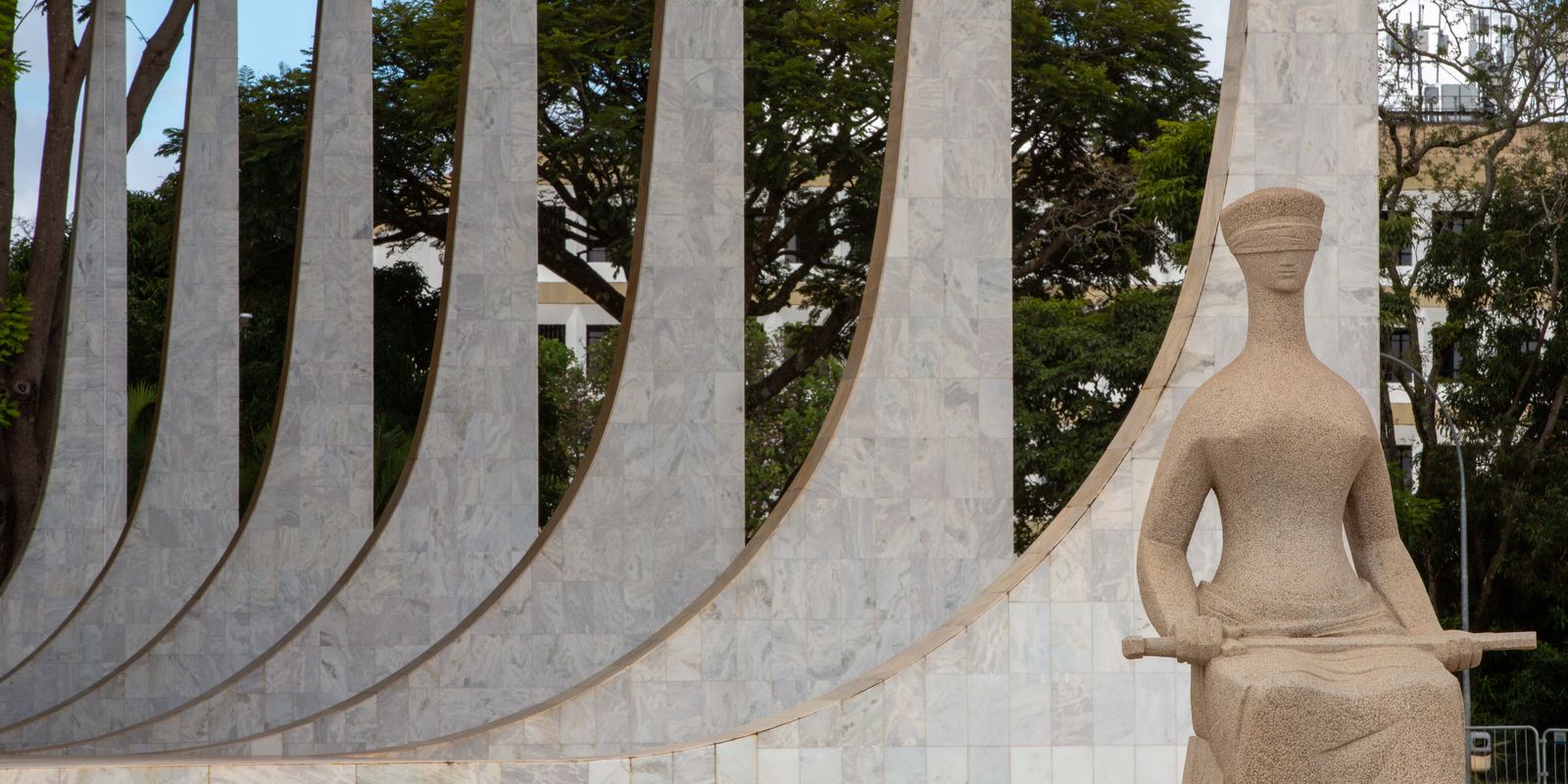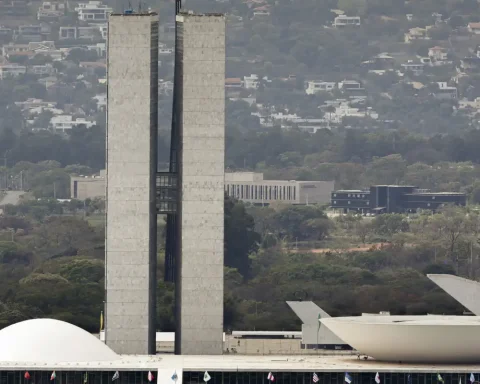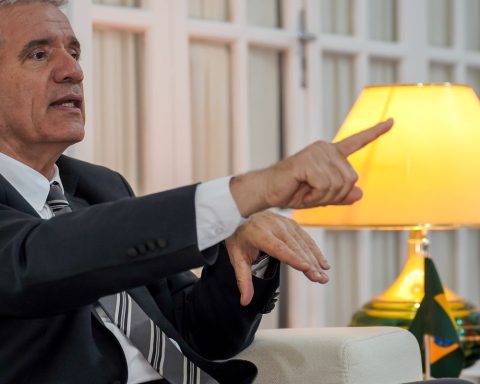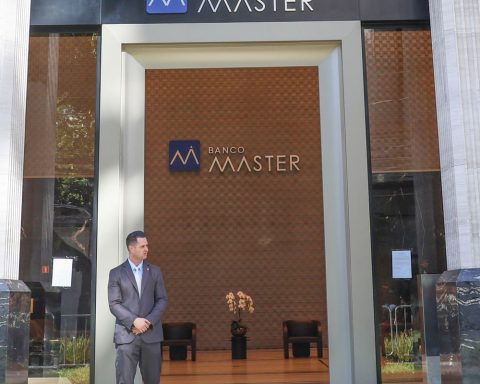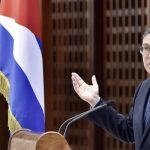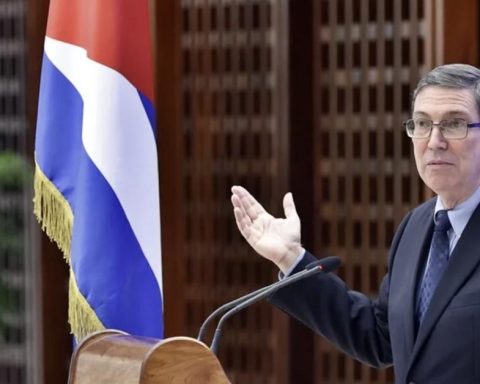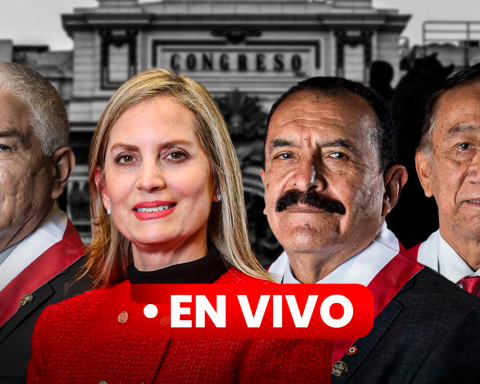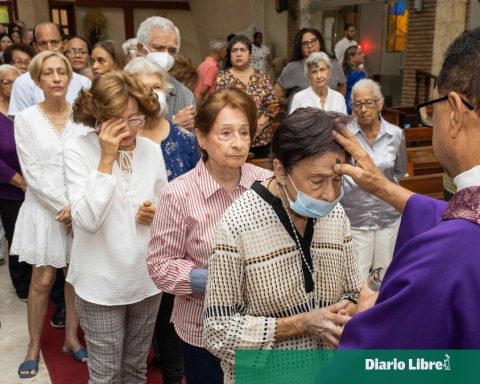The Federal Supreme Court (STF) held another conciliation hearing on Monday (9) on the time frame for demarcation of indigenous lands. The day was dedicated to testimonies from experts appointed by the National Congress, the federal government and the National Confederation of Municipalities (CNM).
It is the second meeting promoted by Minister Gilmar Mendes, rapporteur of the case, after the Articulation of Indigenous Peoples (Apib), the main entity that works in the defense of indigenous people, withdrew from the conciliation.
At the hearing held last month, the entity left the conciliation process because it understood that the rights of indigenous people are non-negotiable and there is no parity in the debate. Last year, the Supreme Court plenary ruled in favor of the indigenous people and considered the framework unconstitutional.
According to the temporal framework thesis, indigenous people only have the right to lands that were in their possession on October 5, 1988, the date of the promulgation of the Federal Constitution, or that were under legal dispute at the time.
After APIB left the conciliation, Mendes decided to continue the debates even without the presence of the indigenous people. According to the minister, “no party involved in the discussion can paralyze the progress of the work.”
The next meeting is scheduled for October 2.
Conciliation
The hearing was called by Minister Gilmar Mendes, rapporteur of the actions filed by the PL, PP and Republican parties to maintain the validity of the bill that recognized the milestone and of processes in which entities representing indigenous people and government legal experts contest the constitutionality of the thesis.
In addition to taking the case to conciliation, Mendes denied a request from entities to suspend the Congressional decision that validated the framework, a decision that displeased the indigenous people. The meetings are scheduled to take place until December 18 of this year.
In practice, holding the hearing prevents the Court from making a new decision on the issue and allows Congress to gain time to approve a proposed amendment to the Constitution (PEC) to confirm the landmark thesis in the Magna Carta.
In December of last year, the National Congress overturned President Luiz Inácio Lula da Silva’s veto of the bill that validated the framework. In September, before the parliamentarians’ decision, the Supreme Court ruled against the framework. The Court’s decision was taken into account by the legal team at the Planalto Palace to justify the presidential veto.
